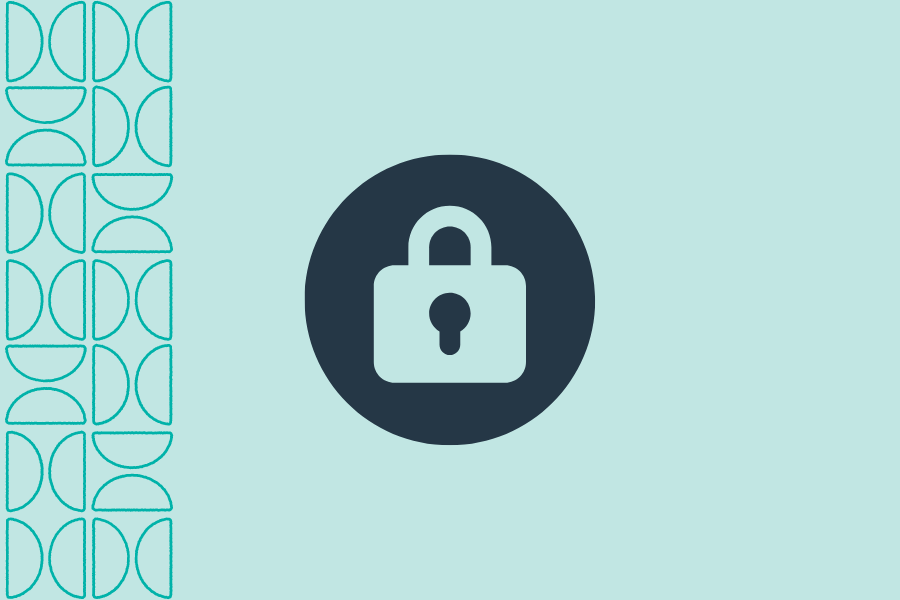
On August 16, 2024, National Public Data (NPD), a major provider of consumer data for background checks, reported a significant data breach that exposed approximately 2.9 billion personal records. The compromised data includes sensitive information such as names, addresses, emails, phone numbers, and Social Security Numbers.
This breach at NPD has raised concerns about potential identity theft and malicious activities. It is crucial to stay vigilant and take proactive measures to protect yourself.
How to Check If You Were Affected by the NPD Breach
To determine if your information was compromised in the NPD data breach, visit NPDBreach.com and enter your full name, zip code, or phone number. You can also use NPD.pentester.com to search by first name, last name, state, and birth year.
Please note that Central Pacific Bank is not affiliated with, nor endorsing, any services provided by these sites.
Central Pacific Bank’s Commitment to Your Security
It’s important to note that this breach was not targeting Central Pacific Bank and does not impact our operations. Your banking information remains safe, and we continue to uphold the highest standards of protection for all your financial data.
4 Steps to Protect Your Personal Information
- Monitor Your Credit Reports: Regularly review your credit reports for any unusual activity. Obtain free weekly reports from AnnualCreditReport.com across all three major credit bureaus: Equifax, Experian, and TransUnion.
- Set Up Fraud Alerts or Credit Freezes: Place a fraud alert on your credit files to prompt creditors to verify your identity before opening new accounts. For more robust protection, initiate a credit freeze with each credit bureau to block unauthorized access.
- Use Strong, Unique Passwords: Strengthen your online security by updating your passwords, especially for sensitive accounts. Opt for long, complex passwords and consider using a password manager.
- Watch for Suspicious Activity: Be wary of suspicious emails, phone calls, or messages requesting your personal information. Verify any unexpected requests directly with the company before providing sensitive details.
Contact Information
If you have any concerns about the breach or your personal security, you can reach out directly to NPD at [email protected].




 Share
Share



